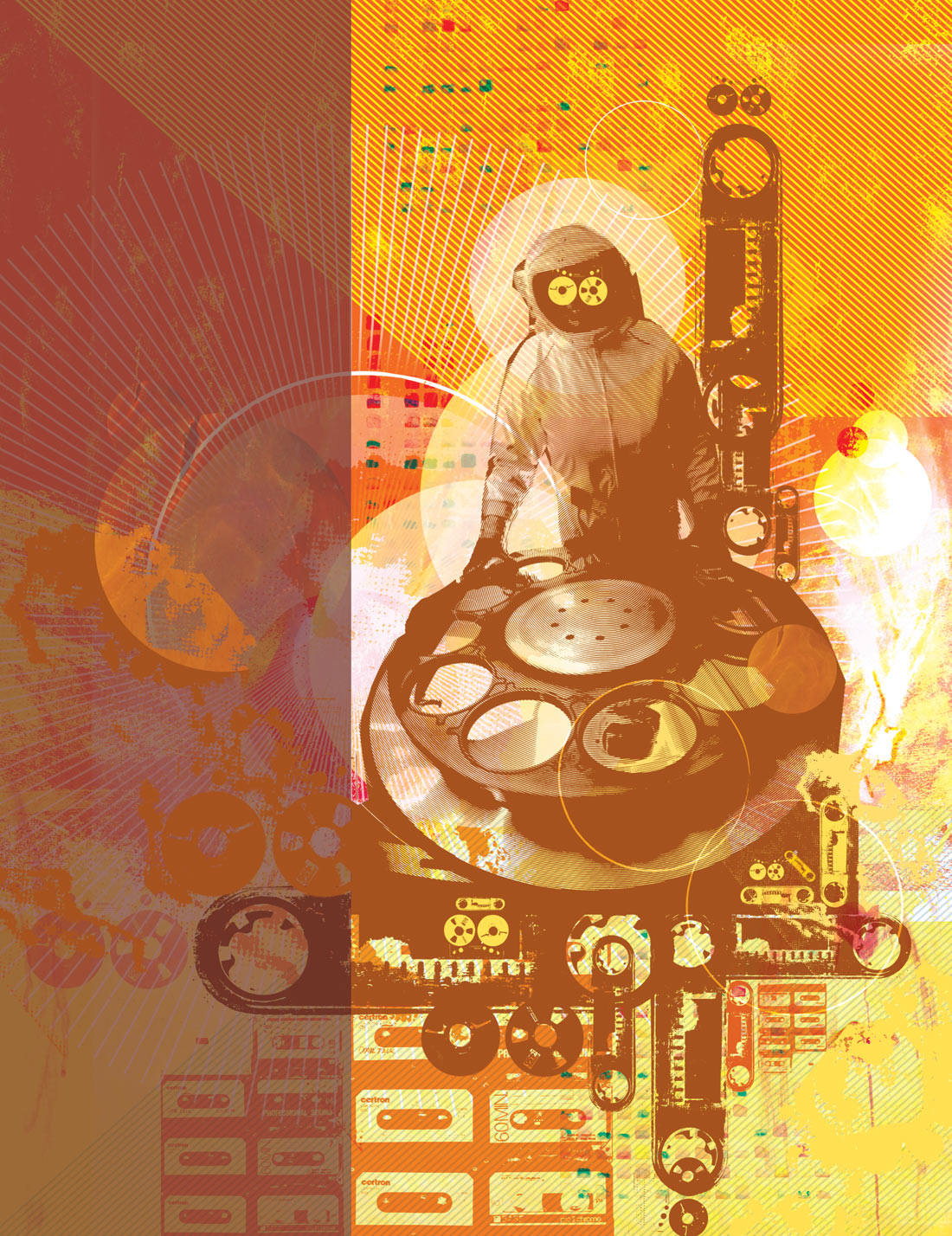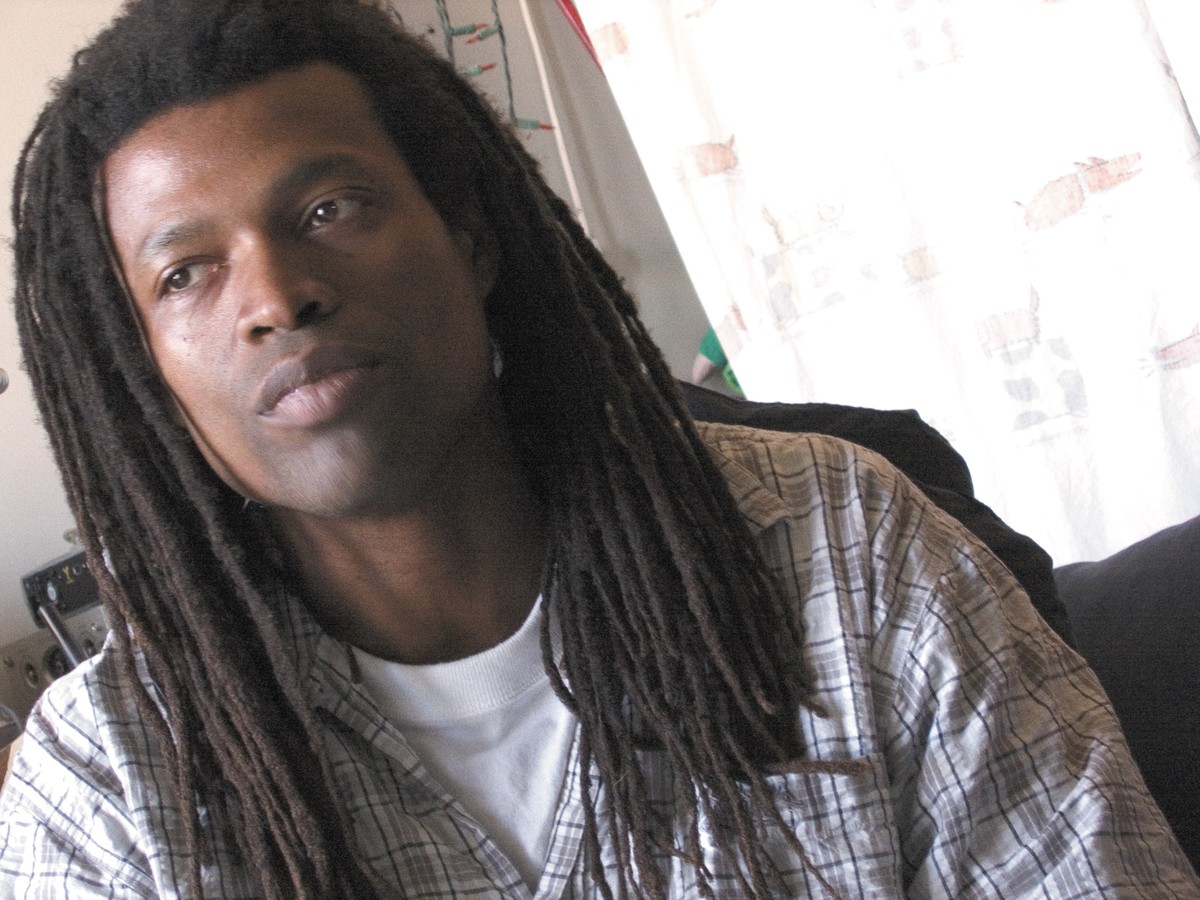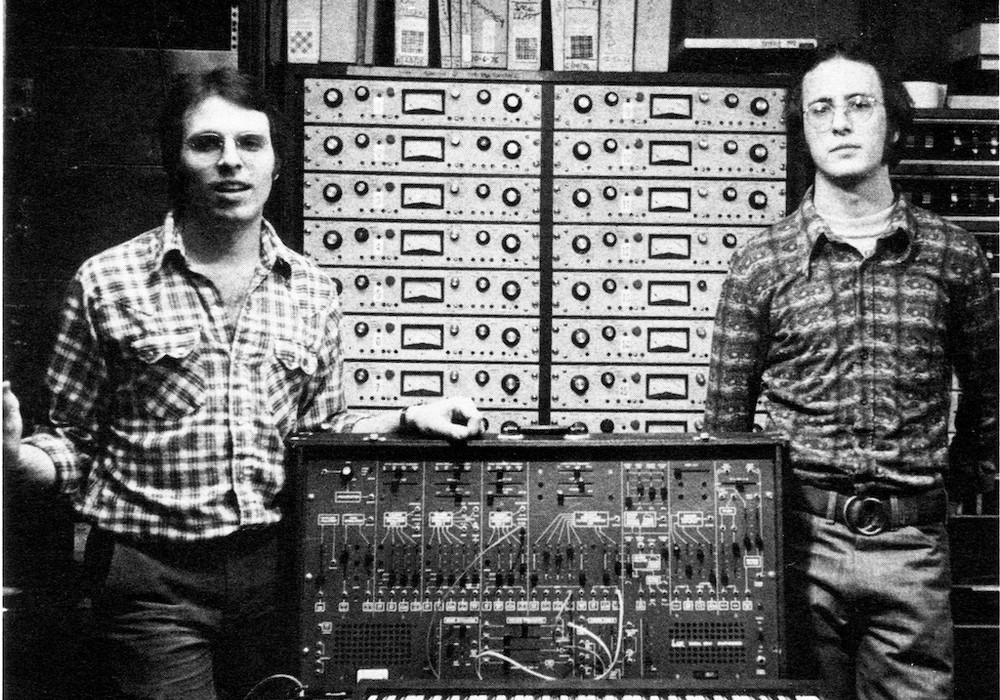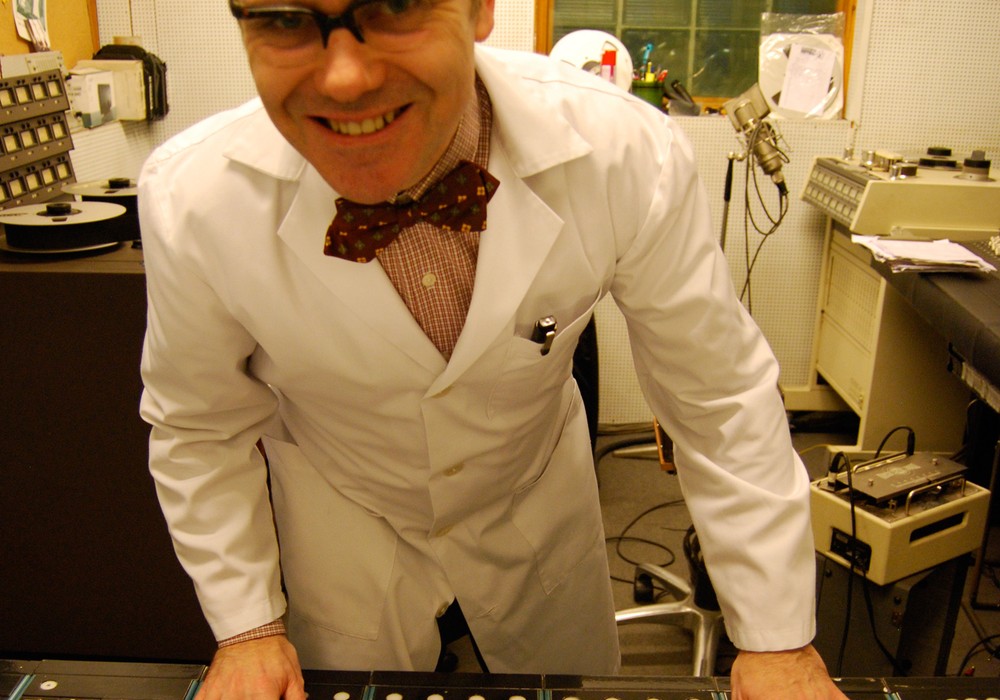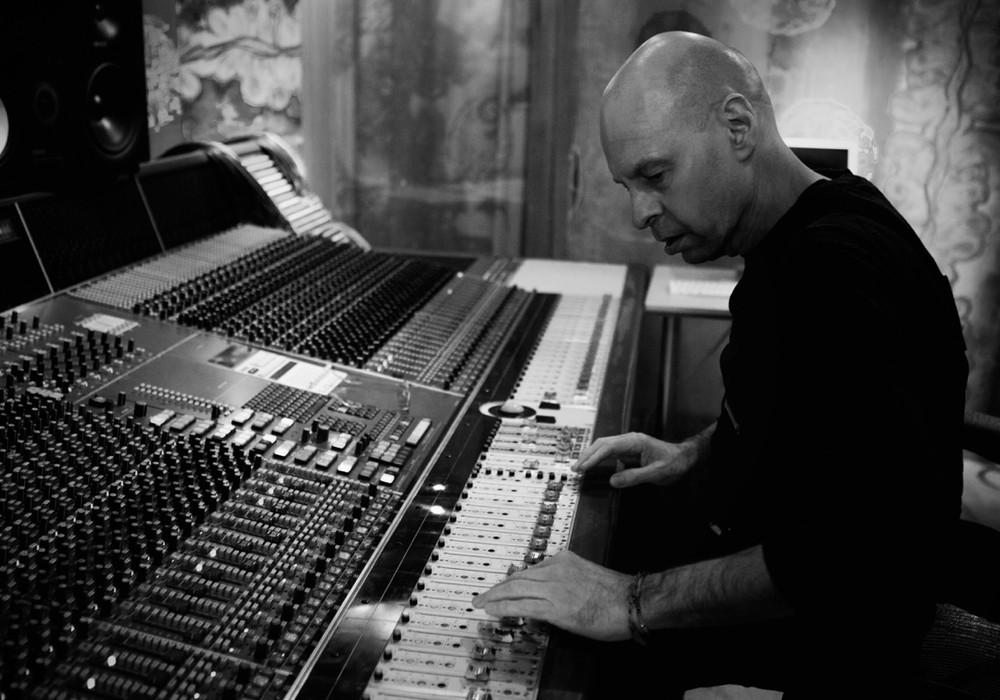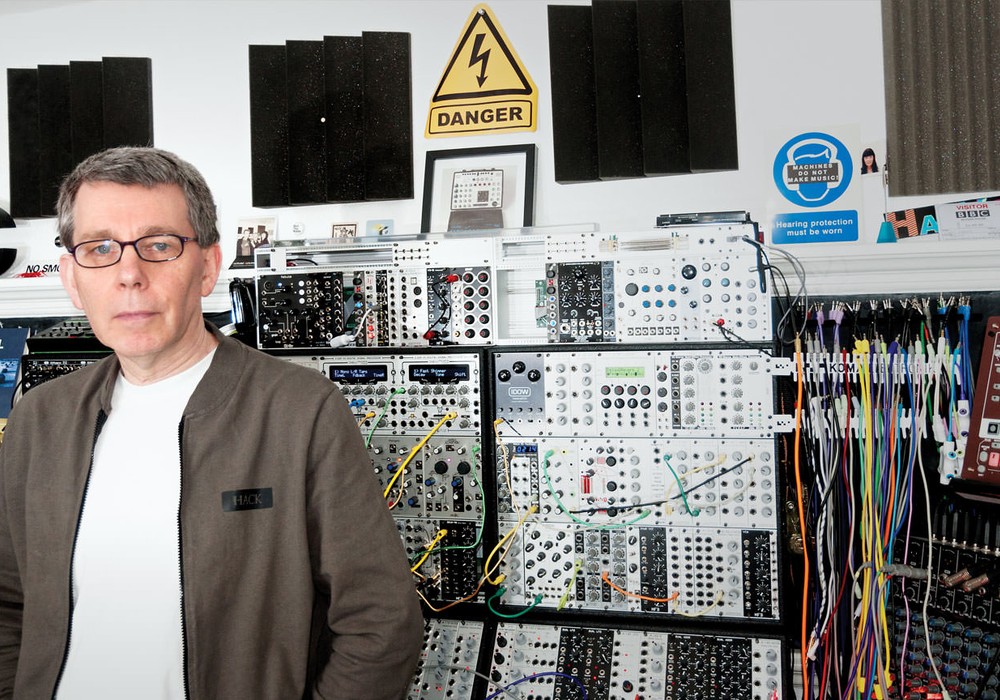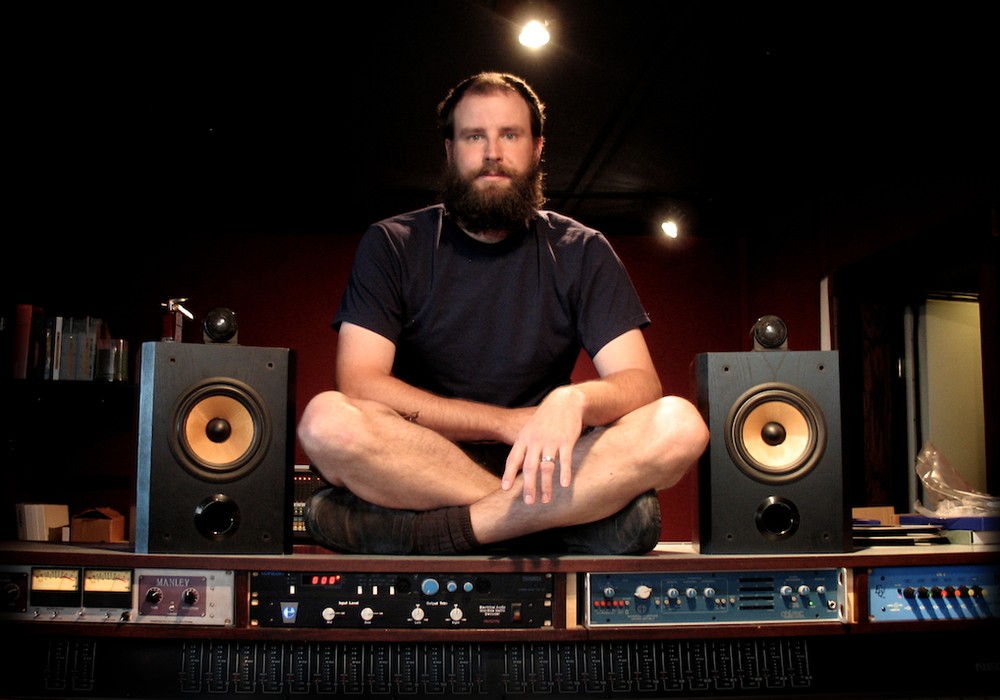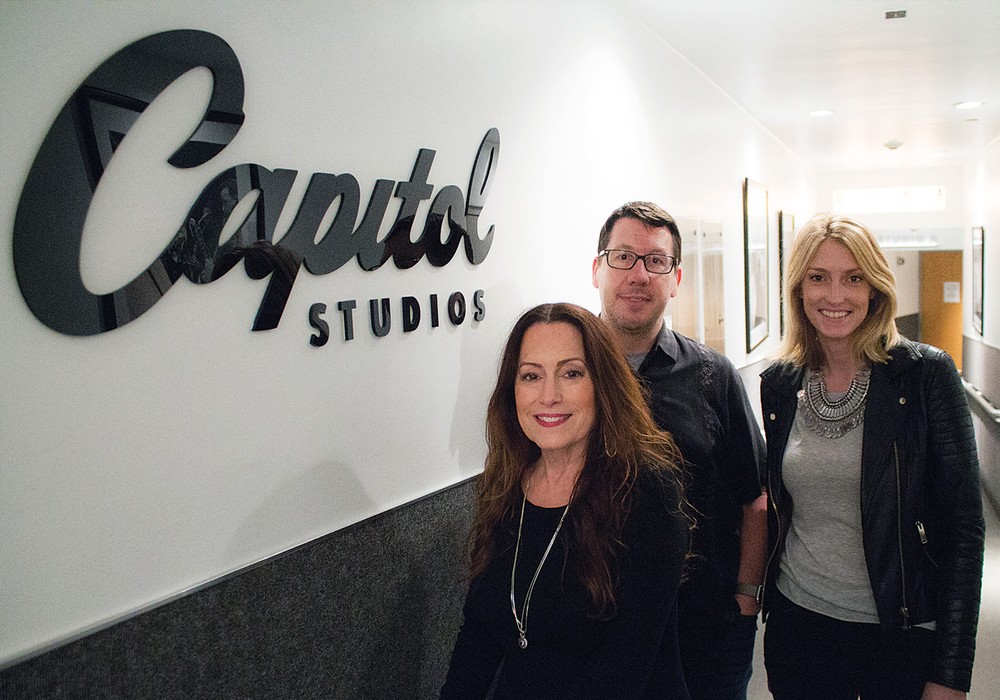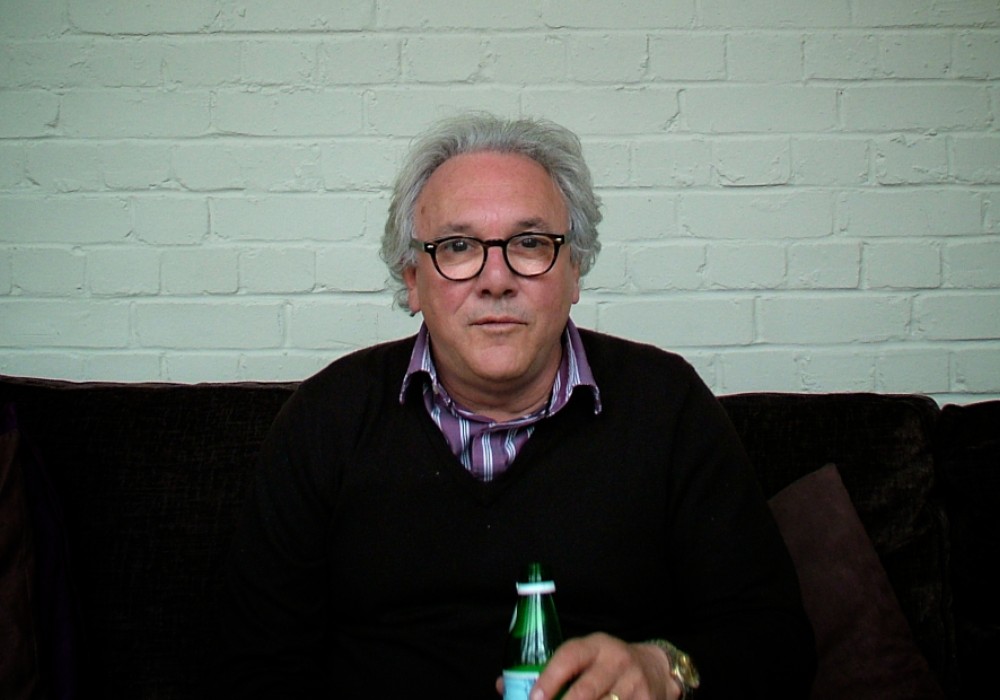"My theory is the reason that so many bass players are producers is we all get tired of how bad our bass ends up sounding on records and we decide to do something about it," says Melvin Gibbs, echoing sentiments I've heard from dozens of bassists, from low to high profile. "It's a disaster. I used to get depressed when I first started. I'd go into one session, before I owned any equipment, and the bass sounds amazing. Next day, the same bass sounds horrible. And you're kinda like, 'What?!'"
"There's a standard frequency range that people expect the bass to take up, when they see an electric bass. If you try to explain, 'Well, actually I'm hearing it more like a Moog,' and you want a different frequency curve, you can try to explain that to them. They won't get it. I've never seen the kind of things that happen with guitar. A guy comes in with a big heavy metal guitar, it sounds like a heavy metal guitar. But a guy comes in with a reggae bass sound — imagine turning that into Jason Newsted or some shit? People feel the need to conform the sound to what they think it's supposed to be, as opposed to what they're actually hearing."
"But I think there are other options to how the bass should sound. I like to hear a really thick sound — I don't necessarily like to always have the bass sit exactly in thefrequency range that is the traditional frequency range. If you listen to the records that everybody thinks sound good, the way they use bass is different than the way the bass is getting used now. They used a lot more of the low end of the bass, a lot less of the mid — I like to hear that quality in the bass. But I also like the bass to cut, so it's almost like some heavy metal guitar sound kind of thing. I don't like to hear as much mid in the thing, because I want to hear more volume — you know what I mean?"
In response, he prescribes attentive listening and flexible thinking to engineers, "A lot of the time I used to do sessions, the bass is not being cut live anyway. So why does it have to be the 1176 [compressor]? Why can't you try something different that's going to give you a different, and/or better sound? I remember this one record I did with Arto [Lindsay] that probably has one of the best bass sounds I have. We went in there and he set up in the studio — he plugged me into the 1176, and I said, 'Well, why are we using that?' He said, 'Why not?' He had a Summit sitting there. I said, 'Why don't we try going through that, see what that sounds like?' And the bass sounded amazing."
Naturally, for bassists, awareness of sound and frequency are key, but perhaps less so for flexibility. Gibbs suggests determining exactly what kind of sound you want to produce on bass and establishing your own rules for reproducing that. "I learned you have to be like the Nashville guys. They have a rack of shit they roll in, they say 'See this thing? Plug it into your input. [laughs] All your bullshit, don't, no...' The closer you can get to that the better off you are."
Currently, Gibbs favors the simplicity of his Tobias basses and Avalon U5 DI, with which "it's hard for them to ruin the sound. No matter how hard they try to make it sound like what they think it's supposed to sound like, it still sounds like it's supposed to sound... I love the way the bass sounds just recorded direct to Pro Tools, because the bass sounds really tight, really punchy — it has a lot of power to it. I love the way the Avalon sounds, so I always make sure I bring my Avalon. I try to listen to all the compressors and I try to use the one that gives the fattest sound, if it's my session. If it's a kinda pop thing, a kinda radio...
